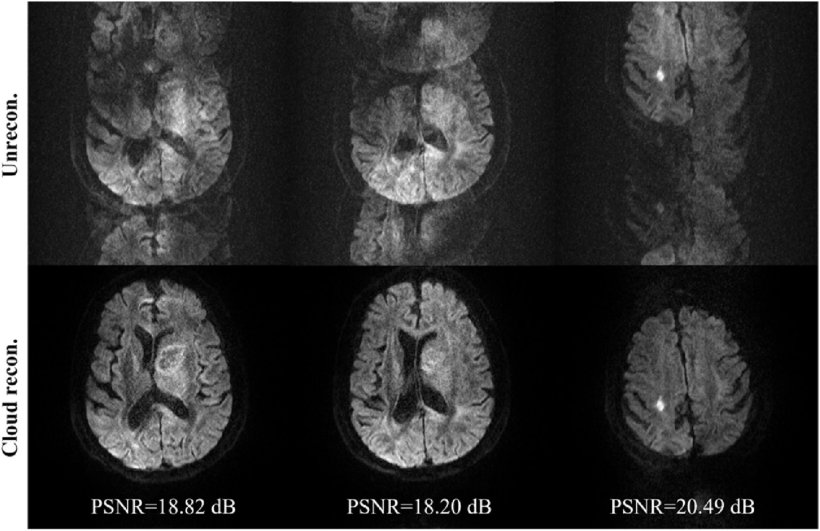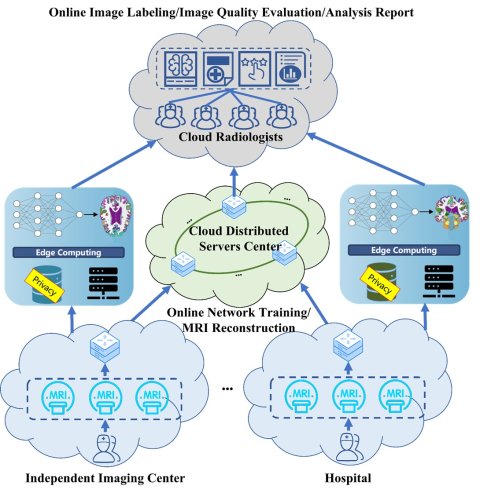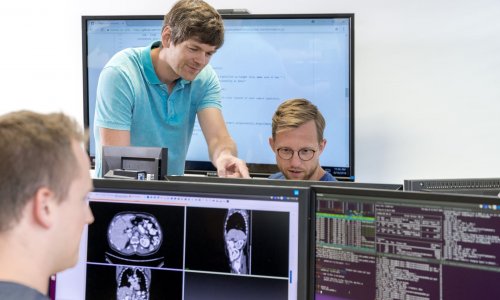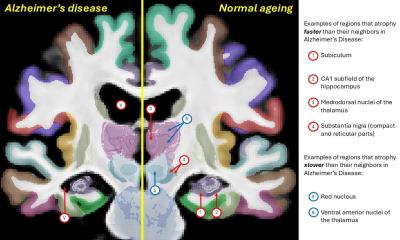
Image source: Zhou Y et al., Magnetic Resonance Letters 2024 (CC BY-NC-ND 4.0)
News • Imaging system in the 6G and AI era
Moving MRI to the cloud
Magnetic Resonance Imaging (MRI) has played an important role in modern medical diagnosis, generating petabytes of crucial data annually across healthcare facilities worldwide.
However, the challenges in big data storage, data accessibility, data security, etc., have impeded its potential in further enhancing global healthcare. To that end, Professor Xiaobo Qu and his research team at Xiamen University have developed the Cloud-MRI system. This new platform facilitates seamless data sharing and improve diagnostic capabilities across healthcare institutions. "Traditional methods of managing MRI data face significant limitations, from storage constraints to barriers in collaborative research," Professor Qu explains. "Our Cloud-MRI system will address these challenges by harnessing the power of distributed cloud computing, ultra-fast 6G bandwidth, edge computing, federated learning, and blockchain technology."
The team published their study in the journal Magnetic Resonance Letters.

Image source: Zhou Y et al., Magnetic Resonance Letters 2024 (CC BY-NC-ND 4.0)
The core of the Cloud-MRI system is its capability to upload k-space raw data, essential for MRI reconstruction, to unified servers or local edge nodes in the ISMRMRD format, a standard vendor-neutral file format for MRI research and development. This facilitates rapid image reconstruction and enables advanced artificial intelligence (AI)-driven tasks, significantly enhancing diagnostic efficiency.
"The first generation of the Cloud-MRI system has been set up up at the University's CloudBrain website, enabling the multiple vendor data reading, AI-based MRI image reconstruction, radiologists’ blind image quality evaluation, metabolic spectrum analysis, and visualized AI programming (without coding)," Professor Qu emphasizes "We anticipate that the Cloud-MRI system will successfully lead to transformative impacts on medical diagnostics and patient care."
Source: KeAi Communications Co., Ltd.
04.07.2024





